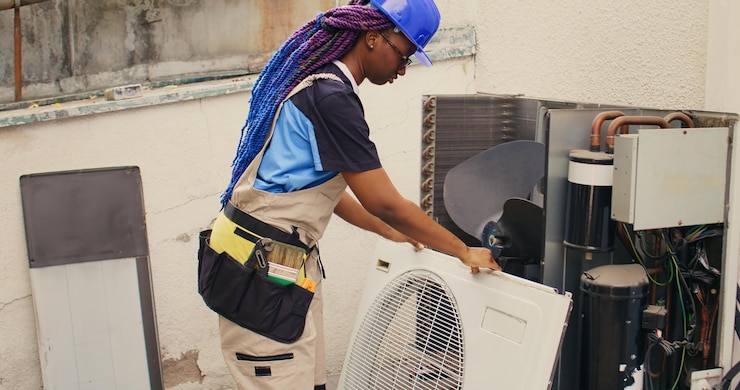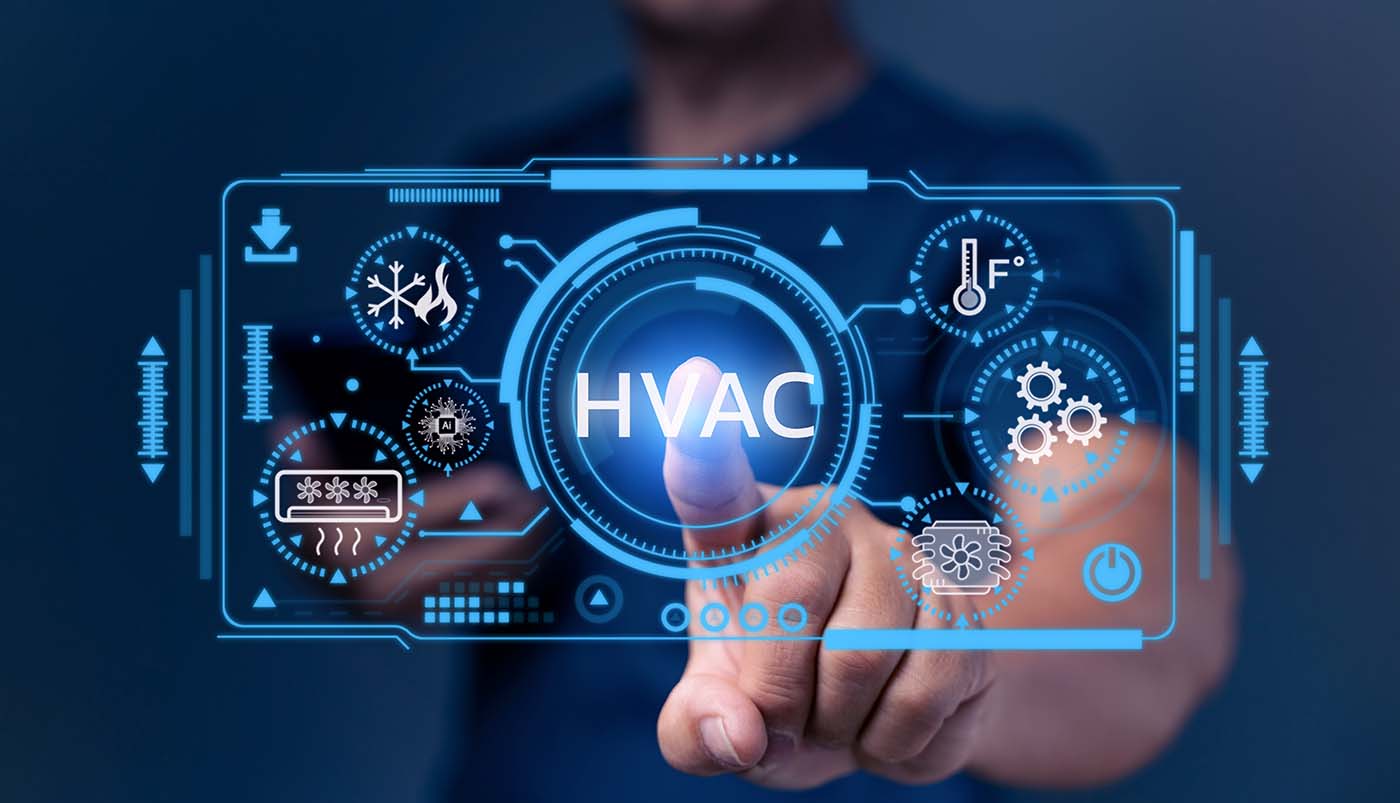In the world of modern technology, machine learning for chillers and boilers is rapidly transforming the HVAC industry. This innovative approach is optimizing energy consumption, reducing costs, and enhancing system efficiency. As more facilities embrace machine learning, it becomes crucial for industry professionals to understand its potential impact on chillers and boilers.
Machine learning is a branch of artificial intelligence (AI) that enables systems to learn from data, improving their performance over time. In the context of chillers and boilers, machine learning can predict energy demand, optimize operations, and identify potential faults before they lead to costly breakdowns.

Understanding Machine Learning in HVAC Systems
Machine learning algorithms analyze vast amounts of data collected from HVAC systems. These algorithms identify patterns and trends, allowing systems to make informed decisions. By leveraging machine learning, chillers and boilers can optimize performance, reduce energy consumption, and minimize downtime.
Key Benefits of Machine Learning for Chillers
Chillers are essential components in many industrial and commercial settings. Here are some ways machine learning enhances their operation:
- Energy Efficiency: Machine learning optimizes energy use by predicting demand and adjusting operations accordingly. Technician tools powered by AI can further enhance energy efficiency.
- Predictive Maintenance: By analyzing data trends, machine learning can predict potential failures, allowing for proactive maintenance and reducing costly downtime.
- Load Forecasting: Using historical data, machine learning algorithms can anticipate load requirements, ensuring chillers operate at optimal capacity. Learn more about intelligent load forecasting.
Optimizing Boiler Efficiency with Machine Learning
Boilers, like chillers, benefit significantly from machine learning:
- Fuel Consumption: Machine learning optimizes fuel usage, ensuring boilers operate efficiently while reducing emissions.
- Fault Detection: Advanced algorithms can detect anomalies, enabling early intervention and preventing costly repairs. Explore more about fault management.
- System Optimization: Machine learning continuously improves boiler operations, adapting to changing conditions and optimizing performance.
Challenges in Implementing Machine Learning
While the benefits are clear, implementing machine learning in HVAC systems presents challenges:
- Data Quality: Accurate data is crucial for effective machine learning. Poor data quality can lead to incorrect predictions and decisions.
- Integration: Integrating machine learning with existing systems can be complex and requires careful planning.
- Cost: Initial investment in technology and training can be significant, though long-term savings often outweigh these costs.
Future of Machine Learning in HVAC
The future of HVAC systems is undoubtedly intertwined with machine learning:
- Increased Efficiency: As algorithms improve, HVAC systems will become increasingly efficient, reducing energy consumption further.
- Enhanced Indoor Air Quality: Machine learning can optimize air quality by monitoring and adjusting system operations. Discover more about indoor air quality monitoring.
- Smart Buildings: Machine learning will play a pivotal role in developing smart buildings, where HVAC systems are fully automated and optimized.
Conclusion
Machine learning for chillers and boilers is revolutionizing the HVAC industry. By optimizing operations, reducing energy consumption, and enhancing system efficiency, machine learning offers immense benefits. While challenges exist, the future is promising, with continuous advancements expected to further transform the industry.

FAQs
1. How does machine learning optimize energy efficiency in chillers?
Machine learning analyzes energy consumption patterns, predicting demand and adjusting operations to optimize energy use. This results in significant energy savings.
2. What are the main challenges of implementing machine learning in HVAC systems?
Key challenges include ensuring data quality, integrating machine learning with existing systems, and managing initial costs. Despite these challenges, the benefits are substantial.
3. How is machine learning improving indoor air quality?
Machine learning monitors air quality data, adjusting HVAC operations to maintain optimal air quality. This ensures a healthier indoor environment.
For further insights into the role of AI in optimizing HVAC systems, visit Haier’s blog.
This article contains affiliate links. We may earn a commission at no extra cost to you.
